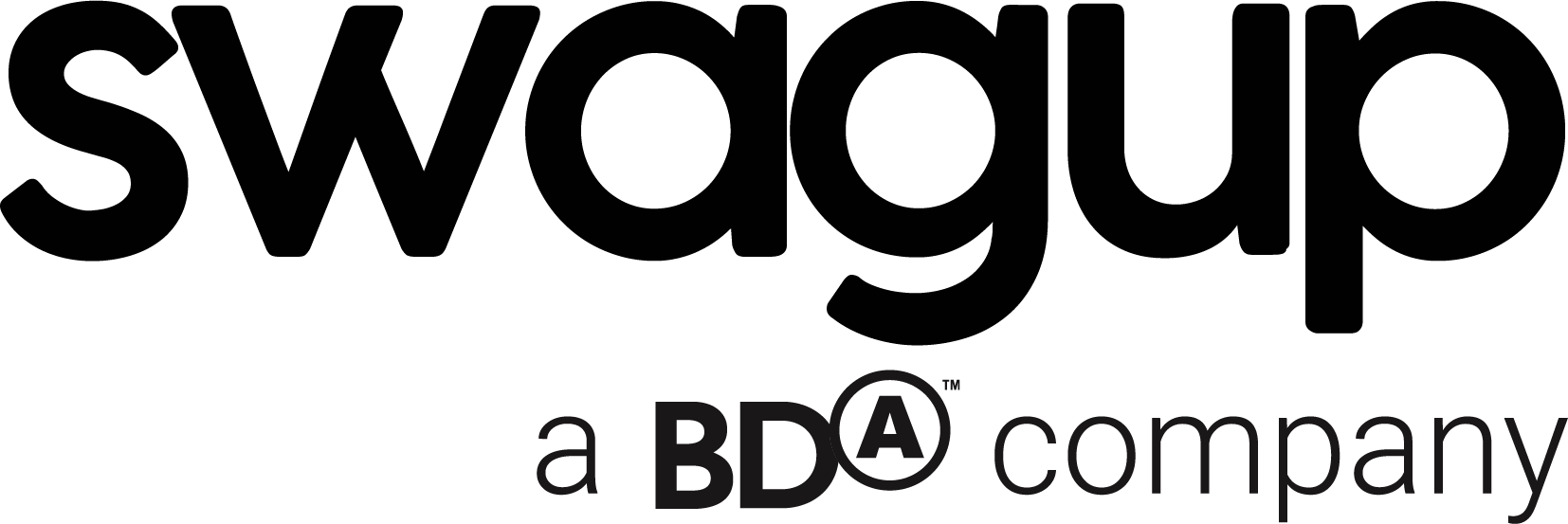Going through the interview process is hard! There’s so much to prep for to only have a chance of getting the job. And in today’s market, it takes a lot to stand out. We break down the biggest mistakes candidates make during the interview process. These tips will help you avoid being lost in the sea of candidates that don’t make it to the finish line. Let’s make sure you score on your next interview and avoid these 3 common mistakes that candidates make. In avoiding these top 3 biggest mistakes candidates make, you can be sure to stand out from the rest!
Don’t Ask Any Questions

This may seem obvious but it’s important to ask questions! This is the part that actually makes you stand out as a candidate. You learn more about someone by the questions they ask. So not asking any questions to the hiring manager may come off like you don’t really want the job and or are uninterested. It’s also a great opportunity to learn more about the company to see if it’s the best fit for you. After all, interviews are not just for companies to see if they are interested in hiring you, it’s for you to also see if you are interested in working there.
Another reason to ask questions is to help get any red flags about a company. If you are interviewing with more than one manager, make sure to ask them all the same key questions. Ask them about the company’s goals, how the role is measured, and what characteristics thrive in their culture. You will learn more about the company through these 3 questions depending on how they answer. When you ask the interviewer these questions you will be able to gauge if the company has an alignment. They should all answer similarly. If not this could be a red flag!
These three simple questions also help with understanding the culture more without flat-out asking. You can tell more about company culture by how they measure you and the people they like to keep.
Don’t Research The Company

Just as the interview process is gripping for you, it’s just as grueling for them and costly. Each day a company has an open role it’s costing the company money. Nothing is worse than interviewing a candidate that really has no clue about the company or isn’t prepared. It’s also not the best way to use your time for finding your next role. If you are going to invest 30-40 hours a week in a company, do your research! Make sure it’s somewhere you want to be. The last thing you would want is to end up at a job you absolutely hate and have to do that same process all over again!
So do your research about the company. Check out their social media, and see if they post about employees, do they celebrate them? Do employees actively post about the company? You can always tell if employees are happy since they typically will post about the company or be proud to have the banners and so worth on their LinkedIn page. Another way to learn about the company is by asking someone that works there. This also helps make you stand out! Message someone on LinkedIn that is on that team or works there to see how their experience is. This will ensure you don’t waste your time or the company’s time.
Criticizing Your Previous Employer

No matter how bad your last job was, talking poorly about your previous employer never comes off right during an interview. You may feel the need to really explain why you left the previous company, but at the end of the day it comes off as poor judgment on your part. Yes, it actually reflects more poorly on your than it would on the previous company. Why? Well at the end of the day, you should do your research before joining a company and understanding the culture and if you are a fit. It’s not just a company’s responsibility to vet that out, but it’s yours as well as a candidate.
So speaking poorly about your previous employer can come like talking bad about an ex. One just thinks you make poor choices. If you had a toxic previous boss, you can say things like, “I’m looking for something different at this stage of my career”. Also, keep in mind it’s easier to remember anything negative in conversations. You want to highlight your talent and how you can impact the company, not highlight a bad previous boss.
Want to learn about career opportunities at SwagUp? Check out openings here!





